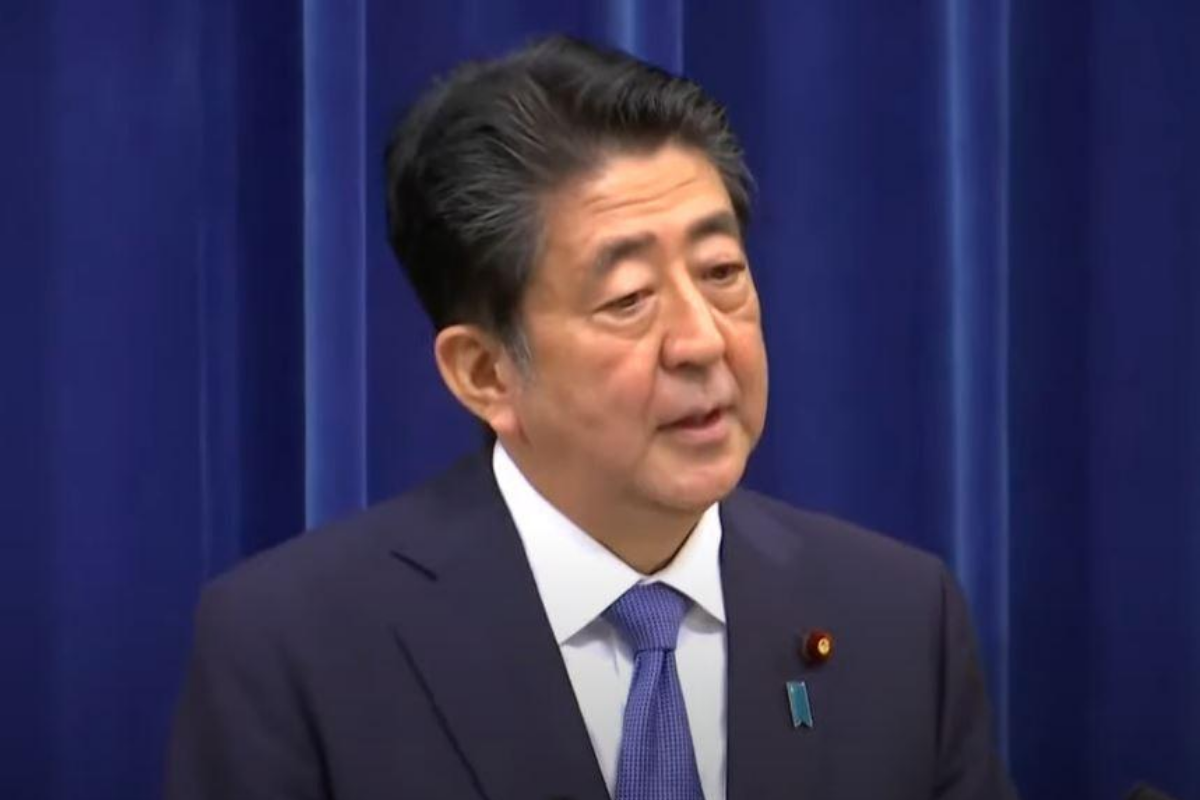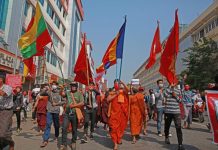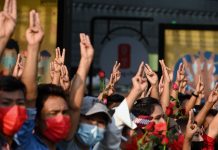
Prime Minister Shinzo Abe has announced his resignation due to his worsening health. He has been Japan’s longest-serving prime minister.
Shinzo Abe, 65 years old, said that his health began deteriorating around the middle of July 2020. The prime minister told reporters during a televised press conference that he did not want his sickness to cause mistakes in policies.
Abe has been suffering from chronic ulcerative colitis, an inflammatory bowel disease.
“I needed to fight against the disease and be treated, and I was not really in a perfect state in terms of the health condition,” Abe said, based on a translation.
“I would like to send my apologies to the people of Japan," he said.
Abe added that he would perform his responsibilities as prime minister until the next leader is appointed. His term was not due to end until September of next year.
Abe's announcement of resignation followed a report from state broadcaster NHK saying he was about to stand down.
Japan’s Nikkei 225 index ended by 1.4% lower on Friday, while the yen strengthened against the dollar.
Abe's decision will open a leadership race in the governing Liberal Democratic Party, with the winner to be officially elected in parliament and to lead for the rest of Abe’s term.
The potential successors of Abe include Suga Yoshihide, 71, the current chief Cabinet secretary, and Finance Minister Aso Taro, 79.
Abe’s protege, Kishida Fumio, 63, and his longtime rival Ishiba Shigeru, 63, are considered “underdogs” in the race for the position, according to Scott Seaman, Asia director at risk consultancy Eurasia Group.
Japan's coronavirus response
Abe regarded his country’s response to the coronavirus pandemic as a “model” for the rest of the world. He pointed out that Japan was able to avoid an explosion in Covid-19 cases and did not have to impose compulsory lockdowns like those in Europe and the US.
However, not all political analysts appreciate his leadership. "In one sentence, the government’s supposed unstated position – often referred to as ‘with coronavirus’ – is that the authorities will provide the healthcare, medicine and vaccines, but if you get infected that’s on you,” Takashi Ryuzaki, a political science professor at Ryutsu Keizai University, told the Japan Times.
Abe's approval rating also dwindled to a record low of 35%, while more than 60% of respondents believe he must declare a second state of emergency.
Rumors about his health began when he failed to hold a press briefing for more than a month.
Japan's economy
The country saw its gross domestic product (GDP) fall by 7.8% in the quarter of April to June, the worst decline on record, due to the impact of the pandemic.
The 7.8% quarterly decrease is based on the previous quarter but the GDP of Japan actually fell by 27.8% on an annualized basis. Despite being the third largest economy in the world, the country has been struggling economically even prior to the onset of the coronavirus pandemic.
Moreover, to ensure the funding for the costs, Japan will release an additional 31.9 trillion yen in government bonds through the second supplementary budget for the current fiscal year ending in March 2021.
“We must protect business and employment by any means in the face of the tough road ahead. We must also take all necessary measures to prepare for another wave of epidemic,” Abe said during a meeting with ruling party lawmakers.






